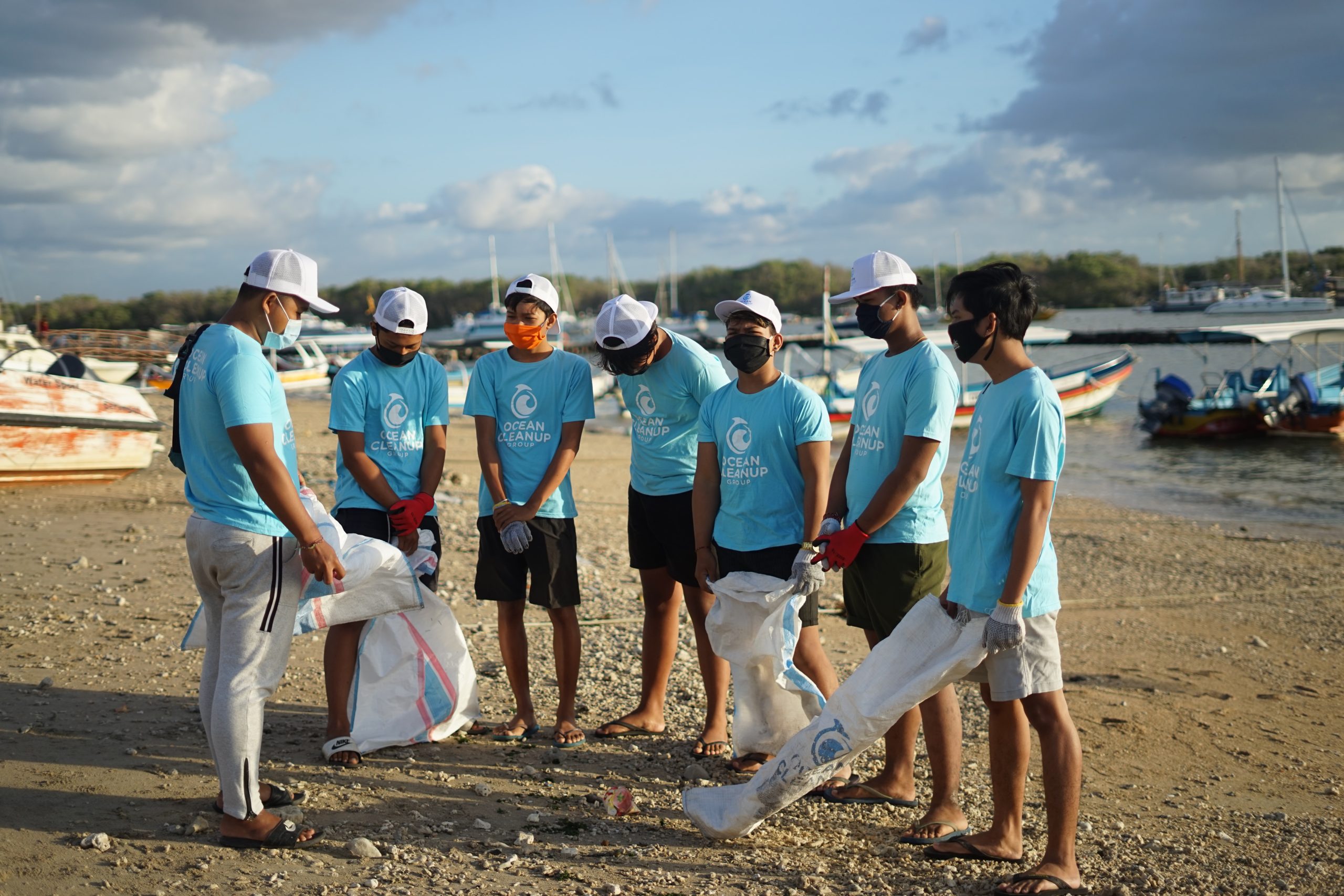- 23 February 2023
- 142
How Environment Can Impact Your Health And What You Can Do To Protect Yourself

While we often think of our health in terms of diet and exercise, the environment around us can play just as big a role in our overall well-being. From air quality to chemical exposure, certain aspects of our environment can have significant impacts on our physical health—and unfortunately, not all of these factors are within our control. In this blog post, we will explore how different environmental hazards can affect your health and what you can do to protect yourself from their effects. Read on to learn more about the ways that your environment may be impacting both your physical and mental health—and what you can do to improve it.
What is Environmental Health?
There are many factors in the environment that can impact our health. Some of these factors are pollution, climate change, and access to clean water and air. These environmental health hazards can cause a variety of health problems, including respiratory illnesses, heart disease, cancer, and other chronic conditions.
There are steps we can take to protect ourselves from these hazards. We can stay informed about the health risks posed by the environment and take action to reduce our exposure to them. We can also advocate for policies that will help protect public health.
The Relationship Between the Environment and Human Health
The environment plays a big role in human health. Poor environmental quality has been linked to a number of health problems, including heart disease, respiratory illnesses, cancer, and developmental problems.
There are many ways that the environment can impact human health. For example, exposure to air pollution can cause respiratory problems, while exposure to toxic chemicals can cause cancer. Poor nutrition and lack of access to clean water can also lead to health problems.
There are a number of things you can do to protect yourself from the negative effects of the environment. First, try to avoid exposure to harmful substances like toxins and pollution. Second, eat a healthy diet and make sure you have access to clean water. Finally, stay active and get regular exercise, which will help keep your body strong and healthy.
How the Environment Can Impact Your Health
Your health can be impacted by the environment in many ways, from the air you breathe to the water you drink. Here are some ways that the environment can impact your health and what you can do to protect yourself:
Air pollution can cause a variety of respiratory problems, including asthma, bronchitis, and emphysema. To protect yourself from air pollution, avoid spending time outdoors when air quality is poor, use an air filter in your home, and don’t smoke.
Exposure to toxic chemicals can cause a variety of health problems, ranging from skin irritation to cancer. To protect yourself from exposure to toxic chemicals, avoid using pesticides and herbicides in your home, wear gloves and protective clothing when handling chemicals, and don’t dispose of toxic products in your garbage.
Water contamination can cause gastrointestinal illness, skin infections, and other health problems. To protect yourself from water contamination, drink only filtered or bottled water, avoid swimming in contaminated water, and wash your hands after contact with contaminated water.
The sun’s ultraviolet (UV) rays can cause skin cancer. To protect yourself from UV radiation, wear sunscreen with an SPF of at least 15 every day, wear protective clothing when outdoors, and avoid tanning beds.
What You Can Do To Protect Yourself From Environmental Hazards
It’s important to be aware of the environmental hazards that can impact your health. Here are some things you can do to protect yourself from environmental hazards:
1. Be aware of potential hazards in your area. Keep up with local news and weather reports to be informed of any potential dangers, such as air pollution or hazardous waste spills.
2. Take precautions when necessary. If you know there is an increased risk of exposure to a certain hazard, take steps to protect yourself, such as wearing a mask or avoiding the area altogether.
3. Stay up-to-date on vaccinations. Many diseases can be prevented by getting vaccinated, so make sure you are up-to-date on all recommended vaccines.
4. Eat healthy and exercise regularly. A healthy body is better able to withstand exposure to environmental hazards. Eating nutritious foods and exercising regularly will help keep your body strong and resilient.
5. Know the symptoms of common illnesses caused by environmental exposure. If you start to feel sick after being exposed to a potential hazard, seek medical attention right away and let your doctor know about your possible exposure.

